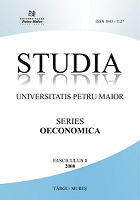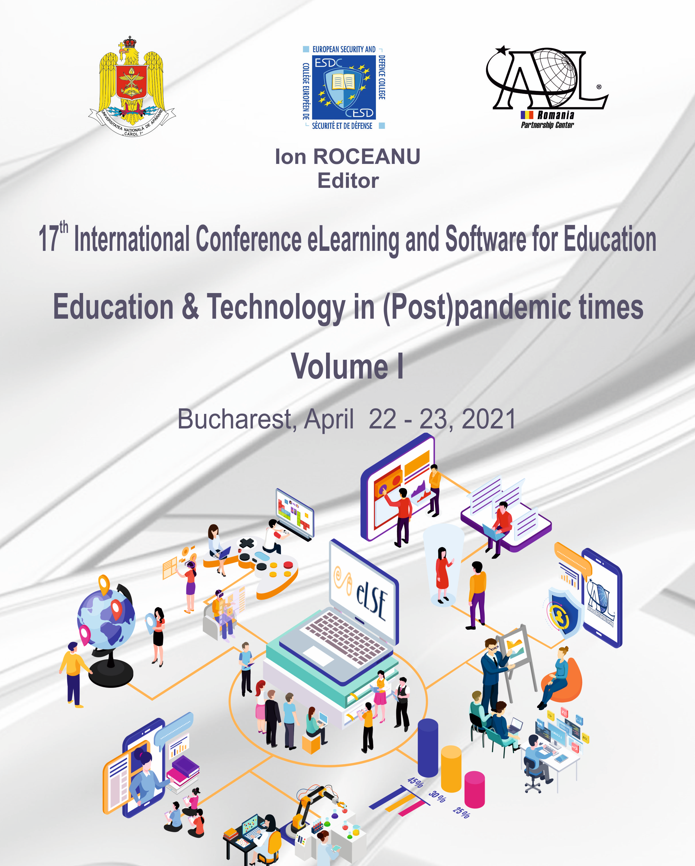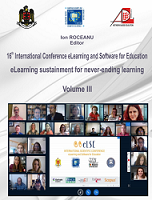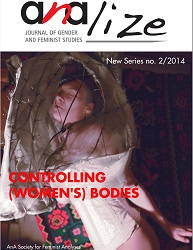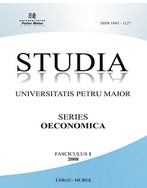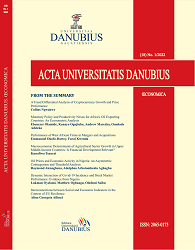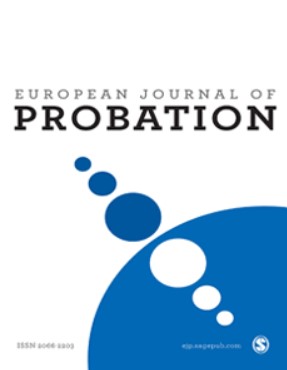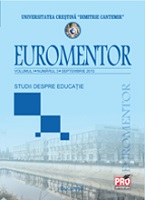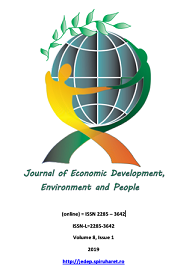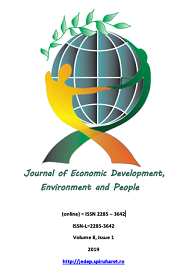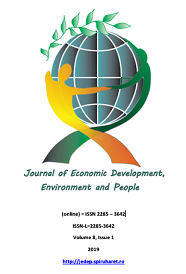Author(s): Codrin-Leonard Herţanu / Language(s): English
Issue: 03/2020
The contemporary world’s changes rhythm has reached an unparalleled level, mostly triggered by the conversion of ’technology advance’ into ’technology changeover’. Both the disruptive technologies evolution and the metamorphosis given by globalization to the organizational culture have brought many challenges for the future professions development. The prognoses regarding future have represented a constant concern for different social categories over the mankind history. In the contemporary world the forecast of the future is performed in order to meet the growing needs of both the public and private sector, within the extremely competitive global environment, using techniques ranging from mere assessments to multi-criterion computer-based prognoses. Due to the fact that the present world has the tendency to evolve at least exponential, even a ten-year long prognosis is fairly different than the present layout of the contemporary environment in order to bring about a significant study related to the future global outline. The development of the future jobs takes into account, on the one hand the detailed diversity and specialization of the present occupations, on the other mostly refers to pinpointing those professions that even though do not exist at the present moment, they will be needed for running different organizations, systems and institutions of the future interconnected and highly technical world. In order to accomplish a high level accuracy assessment of the way in which the future occupations will evolve, we have to bring into discussion those variables that mostly influence the development trend of the nowadays world professions. An entire array of the present studies widely recognize that the progress of the new technologies and, especially of the disruptive ones, will pose one of the most meaningful impact over the way in which the present moment jobs will be transformed. At the present moment, different domains of the latest technologies have been regarded to have an impact, sufficient enough to trigger crucial mutations that irrevocably change the way in which the business environment operates, the consumers’ behaviors, and the manner in which both goods and services are produced. While in previous - but still not so far – times these technological achievements had been represented by electricity and automobile as well as television, at the present moment the disruptive feature is retrieved mainly within Connectivity, Internet of Things (IoT) and Blockchain Technology. Importantly, all these evolutions from the technology domain will generate paramount and irrevocable mutations within the organizational culture of the whole types of future institutions. For future professions the fundamental shifts will be retrieved within the essential change of the occupations development paradigm, through moving the center of gravity from the institutional area to that of the employees. One of the main mutations regards the fact that not the corporations or institutions will primarily recruit their personnel, but conversely, the employees will be those to hire them. Besides, not the companies will mainly be the creators of the new types of professions, but the employees will do this. Last but not least, the chief dimension where the overarching events, transactions and social-economical phenomena are going to take place will not be that of the companies and institutions but that quite heterogeneous of the employees.
More...
